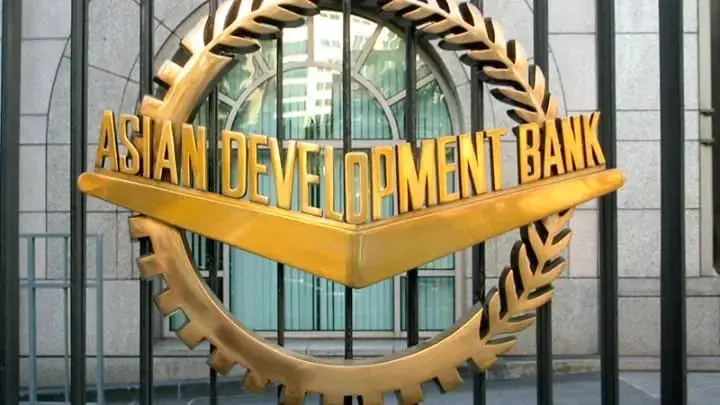India Joins Global Pandemic Treaty; PM Emphasizes Role of Global South in World Health
In a landmark step towards bolstering global health security and future pandemic preparedness, India has officially joined other WHO member nations in endorsing the Pandemic Treaty during the 78th World Health Assembly held in Geneva. Addressing the assembly, the Prime Minister highlighted the critical need for inclusive global healthcare, stating, “The future of a healthy world depends on inclusion, and the health of the world depends on how well we care for the most vulnerable, especially in the Global South who are particularly impacted by health challenges.” He also drew attention to India’s domestic strides in public health, mentioning that government health spending has surged while citizens’ out-of-pocket medical costs have declined significantly. He credited this progress to flagship initiatives such as Ayushman Bharat, which extends free healthcare coverage to over 580 million people, and to the proliferation of affordable public pharmacies. “India has established a vast network of Health and Wellness Centres (HWC) that offer screening for major conditions such as cancer, diabetes, and hypertension. India’s digital platform to track vaccination of pregnant women and children is helping to integrate benefits, insurance, records, and information,” the Prime Minister said. The assembly’s primary goal this year was the finalization of the Global Pandemic Treaty, and the Prime Minister commended the efforts of the WHO and all negotiating nations. “India’s initiatives have brought down out-of-pocket expenditure as a percentage of total health expenditure significantly, while government health expenditure has increased considerably,” he added. A WHO statement confirmed the treaty’s adoption during a plenary session of the assembly, which serves as the organization’s highest decision-making body. The treaty was approved by vote in committee, with 124 nations in favor and 11 abstaining. No country formally opposed the agreement. The Pandemic Agreement outlines key principles and strategies to enhance international collaboration in areas like vaccine access, diagnostics, and treatment distribution, all aimed at reinforcing global preparedness and response to health emergencies. However, the agreement was adopted without participation from the United States, a major WHO donor, which had previously halted its funding commitments to the organization earlier this year. Source: Economic Times
India Joins Global Pandemic Treaty; PM Emphasizes Role of Global South in World Health Read More »




